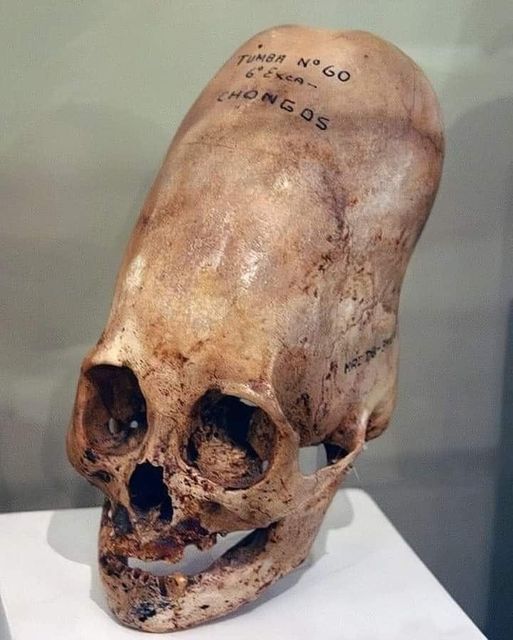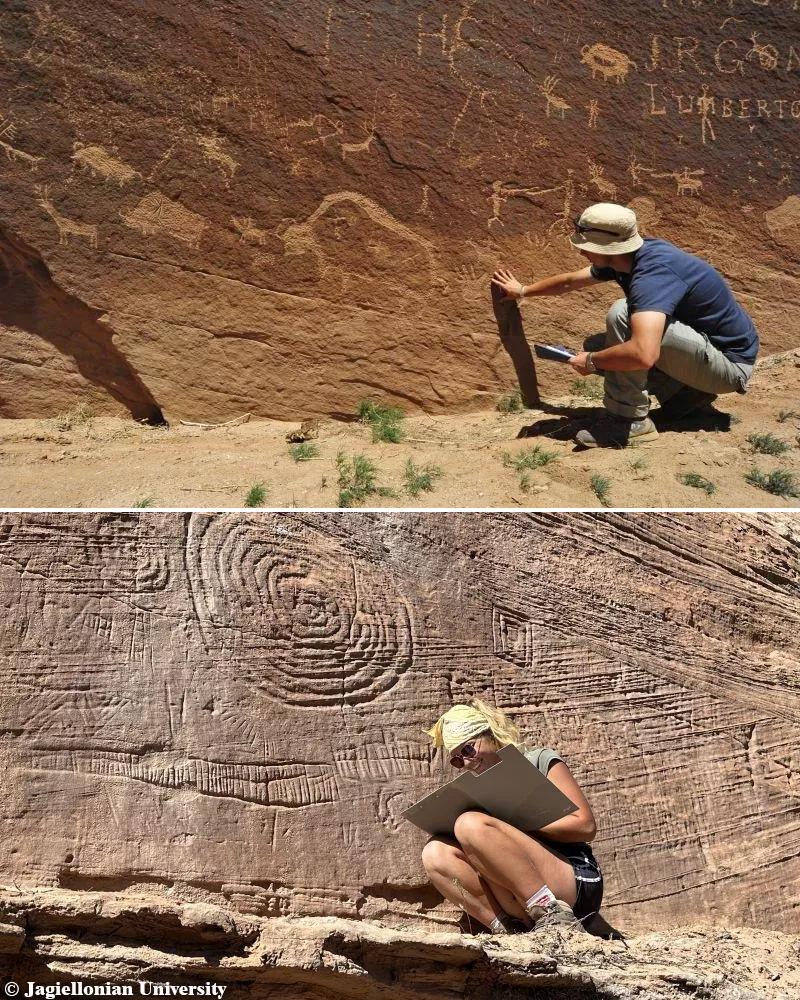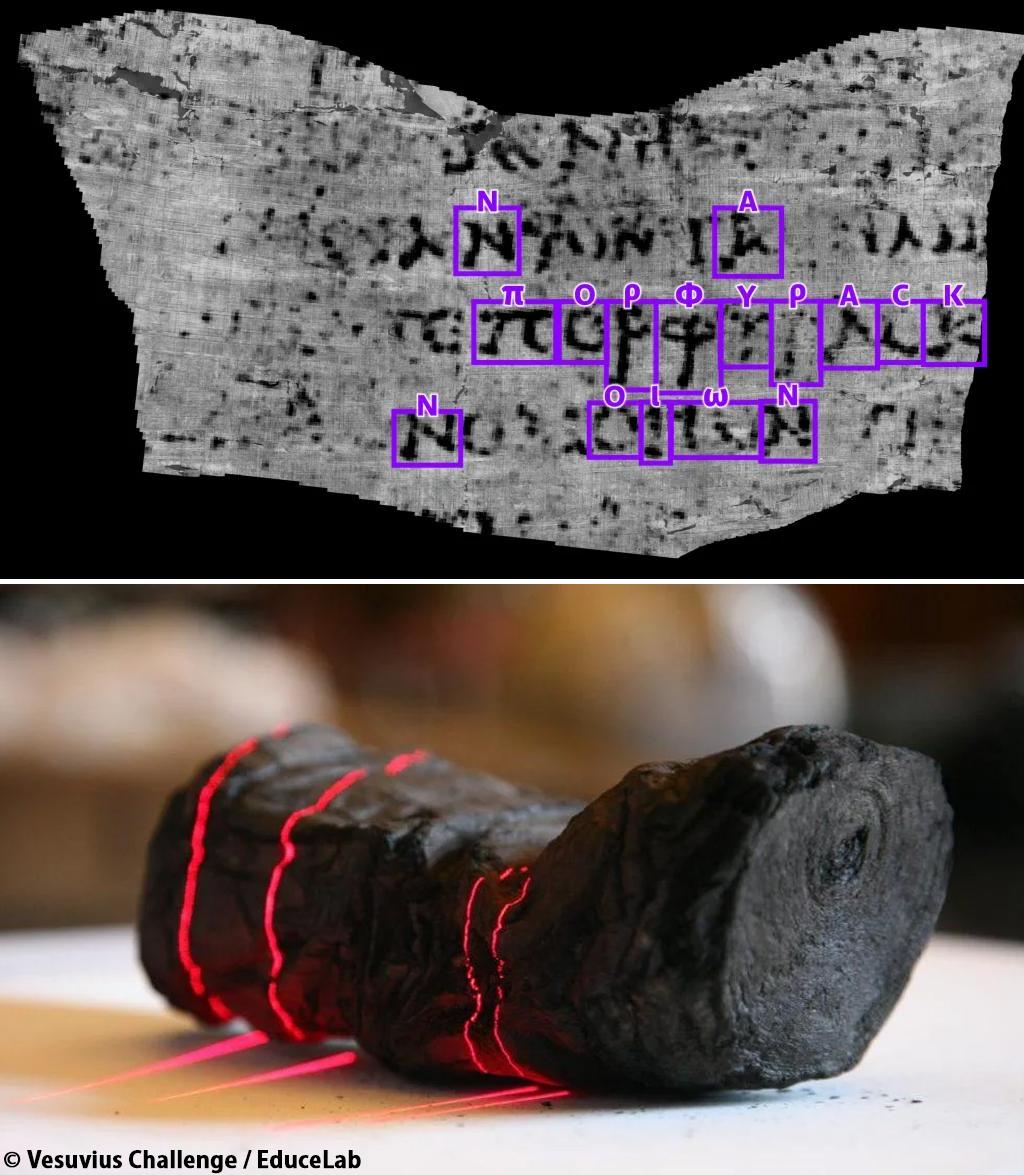Sumer was the region's earliest known civilization and ended with the downfall of the Third Dynasty of Ur around 2004 BCE.
Exploring the Cradle of Civilization
In the heart of ancient Mesopotamia, amidst the fertile lands watered by the Tigris and Euphrates rivers, lies the storied region of Sumer. Spanning from the 5th to the 3rd millennia BCE, Sumer was home to one of the world's earliest known civilizations, laying the foundation for the complex societies that would follow. From the prehistoric Ubaid and Uruk periods to the pinnacle of the Third Dynasty of Ur, Sumer flourished as a center of innovation, culture, and governance. Join me as we embark on a journey through time to uncover the rich history and enduring legacy of this ancient land.

Tracing the Rise and Fall of Sumer
Early Beginnings: The history of Sumer traces its origins back to the Ubaid period, around the 5th millennium BCE, when the region was inhabited by small agricultural communities. Over time, these settlements grew into thriving city-states, marked by the emergence of sophisticated urban centers such as Uruk. It was during this period that Sumerians developed the world's first known writing system, cuneiform, laying the groundwork for recorded history and scholarly pursuits.
The Height of Civilization: The Uruk period ushered in a golden age of Sumerian civilization, characterized by monumental architecture, advanced irrigation systems, and intricate artistry. Cities such as Ur, Lagash, and Nippur flourished as centers of trade, religion, and political power. The Sumerians made significant contributions to mathematics, astronomy, and literature, leaving behind a rich legacy of cultural achievement that would influence future civilizations for centuries to come.
The Decline and Fall: Despite its remarkable achievements, the glory of Sumer was not to last. Internal strife, external conflicts, and environmental challenges ultimately led to the downfall of the Third Dynasty of Ur around 2004 BCE. The region fell under the control of successive empires, including the Akkadians, Babylonians, and Assyrians, each leaving their mark on the cultural landscape of Mesopotamia. Yet, the legacy of Sumer endured, preserved in the annals of history and celebrated as the cradle of civilization.
Legacy and Influence: The legacy of Sumer extends far beyond the confines of ancient Mesopotamia, shaping the course of human history and civilization. The Sumerians' contributions to language, law, and religion laid the foundation for future societies, influencing the development of writing, governance, and cultural practices around the world. The enduring impact of Sumer can be seen in modern legal systems, architectural design, and religious beliefs, serving as a testament to the enduring legacy of this ancient civilization.
Reflecting on the Legacy of Sumer
As we reflect on the history of Sumer, we are reminded of the enduring legacy of ancient civilizations and the profound impact they have had on the course of human history. From humble beginnings as agricultural settlements to the heights of cultural and intellectual achievement, Sumer stands as a testament to the ingenuity, resilience, and creativity of humanity. Through archaeological discoveries, literary texts, and artistic representations, we continue to unravel the mysteries of this ancient land, gaining insights into the lives and aspirations of its inhabitants. As we celebrate the legacy of Sumer, let us also recognize the importance of preserving and honoring the heritage of all ancient civilizations, ensuring that their stories continue to inspire and enrich our lives for generations to come.
Ancient Discoveries: Insights from the Past
The history of Sumer is just one chapter in the rich tapestry of ancient discoveries waiting to be unearthed and explored. From the ruins of ancient cities to the treasures of royal tombs, each archaeological find offers a glimpse into the lives and cultures of our ancestors. As we delve into these ancient wonders, we gain a deeper appreciation for the diversity and complexity of human civilization, marveling at the achievements of past societies and learning from their triumphs and challenges. Whether through monumental architecture or everyday artifacts, each discovery adds another layer to our understanding of the past, enriching our appreciation for the enduring legacy of ancient civilizations.






